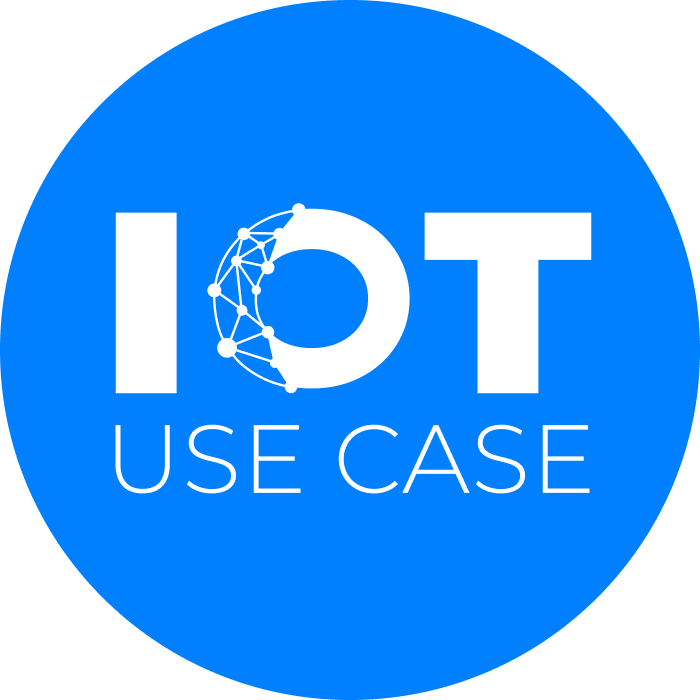The field service is a central pillar of sales in most companies. Field service often means being on the road frequently, usually with a company car that is also available for personal use. Naber GmbH, a provider of exclusive kitchen accessories, wanted to simplify this process and the work of its field service team. The recording of all journeys was to be depicted not manually but with the digital solution DeDeFleet.
The challenge: Driver's logbooks are time-consuming and frustrating
Where, why, when, and for how long: Keeping a driver’s logbook is a chore and, not without reason, an unpopular duty. Especially for frequent travelers in the field service who also use the company car for personal purposes, a multitude of entries are made every day. In retrospect, maintenance becomes a laborious Sisyphean task and, at worst, a guessing game.
On the other hand, the employer must be informed about the mileage and the ratio of business to personal trips and be able to provide evidence of travel, work, and rest times. This information is relevant for tax authorities, controlling, and employment-related questions. A manually kept driver’s logbook as the sole source of information carries the risk of important details not being recorded, leading to a high volume of inquiries and clarification needs. This costs time, nerves, and often even money when it comes to tax benefits.
With 67 vehicles in operation at Naber GmbH, the effort required for manual documentation and management of business trips was enormous for all involved. Additionally, it was necessary to consider the service intervals of the vehicles and ensure timely replacements. To relieve the employees and ensure data reliability, Naber opted for DeDeNet and a digital driver’s logbook solution. Telecommunications contract, hardware, and SIM cards are provided by the joint partner Telekom Deutschland.
The result: All data securely available with a mouse click
Business trip, personal trip, commute: Digital recording with DeDeFleet takes all types of trips into account. Naber’s driving personnel easily select them in the app, and DeDeFleet automatically transfers all data to the company portal. Subsequently, based on various types of trips and with specific filters, Naber can generate a complete report for the tax authorities with the click of a button—without additional effort or inquiries.
All travel activities must also consider rest times. The integrated vehicle tracking effortlessly enables this. In the DeDeFleet portal, all data is immediately and securely documented, ensuring Naber fully complies with the obligation to provide evidence and retain records. Because DeDeFleet operates on a browser-based platform, the responsible employees can access real-time data on vehicle movements from any device at any time. Special filters allow for various queries for individual vehicles or the entire fleet for controlling purposes. This way, all involved parties at Naber utilize a reliable data pool, partly automated by vehicle data, and with significantly less effort compared to manually filled-out driver’s logbook by the drivers.
The DeDeFleet driver’s logbook is tax authority-compliant, but DeDeNet recommends that companies clarify in advance with the relevant tax authority whether the generated reports from the digital driver’s logbook are accepted. If the respective tax authority agrees, there is nothing standing in the way of simple, digital, and seamless documentation, allowing the field service to focus on its core tasks. Privacy is fully guaranteed through the private trip and offline functions, as location data is discarded in both modes.
The added value: Saving time, reliable documentation, and automating tedious administrative tasks
Implementation and user training were successfully completed in just one month. Since then, Naber can fully rely on digital driver’s logbook. Through a service and maintenance contract, DeDeNet also maintains constant communication with the customer and is available for questions on short notice.
Highly skilled sales employees in the field service are in demand. Making their lives easier and minimizing the often disliked bureaucratic work to a minimum is an advantage in employee recruitment and retention, making the company more attractive. The digital driver’s logbook solution is worthwhile as soon as at least half of the total mileage is for business trips. Administration is simplified, controlling is possible at any time, and the field service’s effort is reduced to a few entries. Because no information is forgotten, companies can fully leverage all tax benefits.






